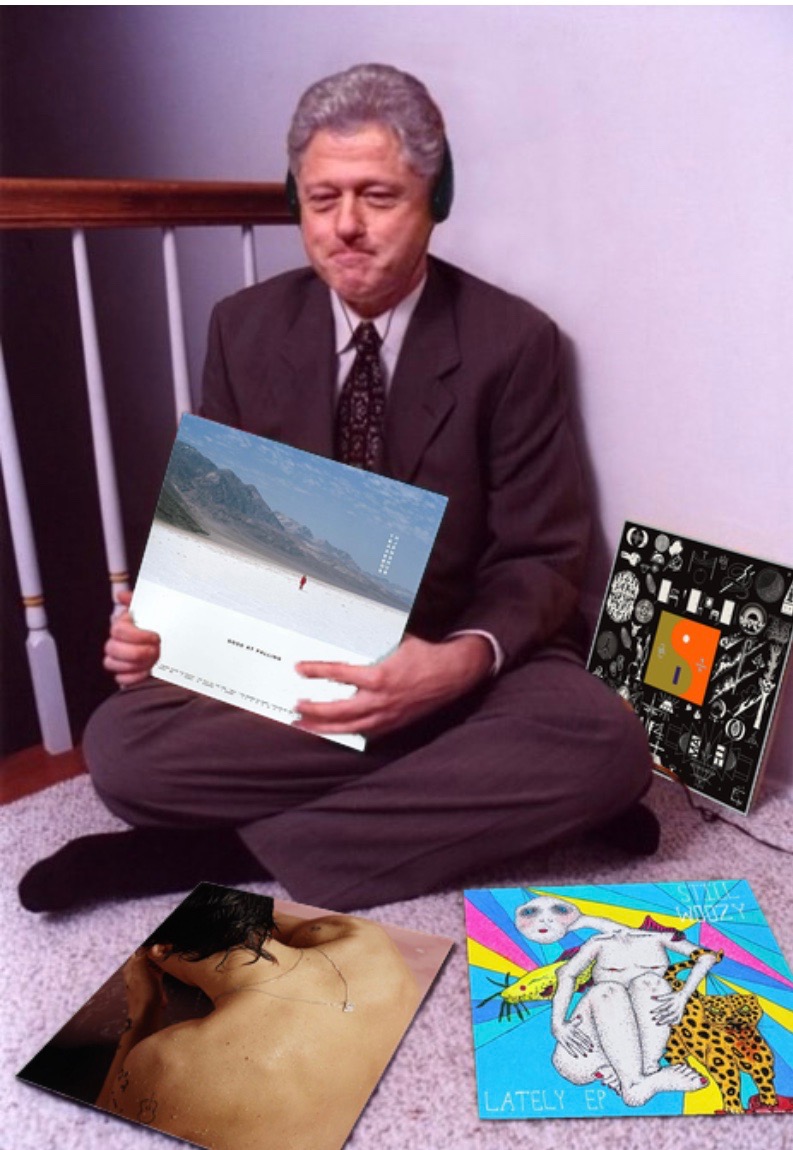Background: The performer is my college roommate and friend. She spent the first fifteen years of her life in Minneapolis, Minnesota before moving to Thousand Oaks, California for high school. She is currently in her twenties and attends school at the University of Southern California.
Main Text:
“Happy llama
Sad llama
Totally rad llama
Super llama
Drama llama
Don’t forget Barack-a-llama”
Context: The llama song was traditionally performed around age eight and stopped around age eleven. The performer cannot recall any particular reasons for starting it up, it was just the sort of thing chanted on the playground when bored. The llama hand motion (ring and middle finger touching thumb and pinky and index pointing up to form a llama head) was essential to performance.
Thoughts: I am familiar with the llama song, despite growing up in a different state than the performer. Her version has slightly different, more appropriate lyrics, despite the rhythm and the hand motions being the same. The part that surprised me the most was the final line “don’t forget Barack-a-llama,” because it specifically dates the song around the year 2008, when Barack Obama was first elected as President of the United States. Contextually, I think that this reference is an interesting measure of what children pay attention to—most elementary school-aged children would not be aware of politics before the 2008 election, but the event was memorable enough that proper nouns stripped of all political or historical meaning would work their way into children’s playground folk culture. The preoccupation with llamas is something else I’ve always wondered about, because I recall other childhood songs and jokes about them. I think it’s a combination of the unique spelling (the double “ll” is not common for English speakers), the inner rhyme of the word “llama,” and the fact that llamas were a rarer animal than, say, dogs or horses. For young children just getting familiar with the English language, the word “llama” is both easy to rhyme and funny to describe, as demonstrated with this song.

